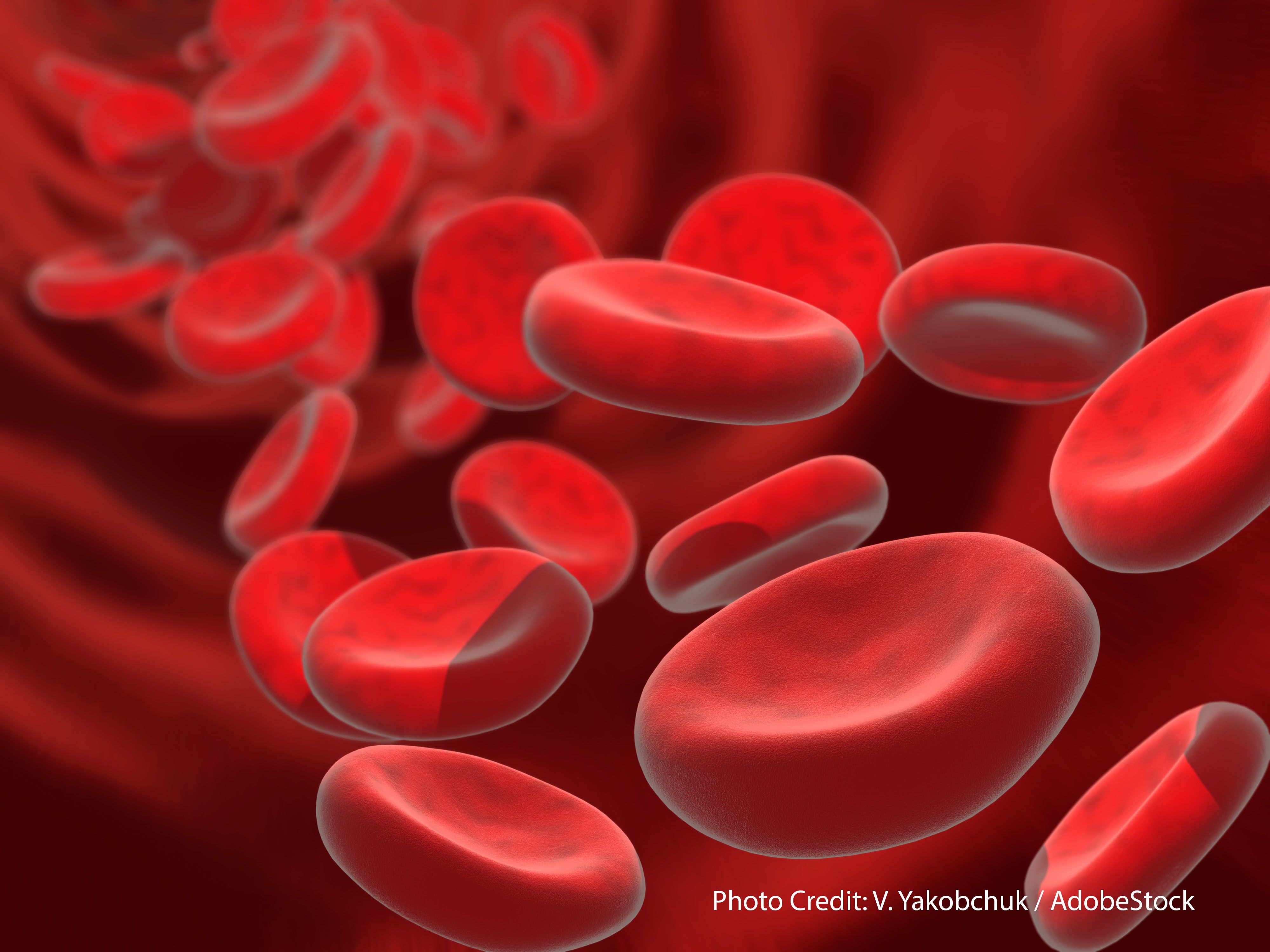Supportive Care May Improve HSCT QOL Outcomes in Geriatric Blood Cancers
In older patients with hematologic malignancies undergoing hematopoietic stem cell transplantation, psychological distress at baseline was associated with worse quality of life outcomes.
Older patients with hematologic malignancies experienced declines in quality of life (QOL) and physical functioning following hematopoietic stem cell transplantation (HSCT), suggesting a need to implement supportive care interventions to improve patient outcomes, according to findings from a study published in Transplantation and Cellular Therapy.
"Given these findings, it is essential to screen older and younger [patients] for baseline psychological distress prior to HSCT in order to identify patients at high risk of marked QOL decrement during HSCT," according to the study authors.

At 2 weeks following HSCT, older patients experienced a decline in QOL by –16.6 points (standard error [SE], 2.1; P <.001) and physical function by –15.4 points (SE, 1.67; P <.001) from baseline. After 6 months, QOL recovered and improved from baseline by 1.4 points (SE, 3.6; P = .7) and physical functioning increased by 1.7 points (SE, 2.7; P = .5) compared with baseline.
At 2 weeks after HSCT, older patients experienced a significant increase in depression symptoms by 3.8 points (SE, 0.5; P <.001); the proportion of older patients with depression symptoms increased to 36.8%. At 6 months following HSCT, the score for depression symptoms for older adults was 0.4 points (SE, 0.9; P = .63), which was considered comparable to baseline.
At 2 weeks and 6 months following HSCT, younger and older patients experienced similar trends in terms of QOL, physical function, and mood symptoms. At the 6-month assessment younger patients had improved QOL by 5.0 points (SE, 2.2; P = .02) and physical functioning by 4.0 points (SE, 1.7; P = .01) compared with baseline. For older patients, QOL improved by 1.3 points (SE, 4.0; P = .99) and physical functioning increased by 1.6 points (SE, 3.0; P = .42) at 6-months, which investigators identified as similar relative to baseline.
“Given these findings, it is essential to screen older and younger [patients] for baseline psychological distress prior to HSCT in order to identify patients at high risk of marked QOL decrement during HSCT,” the study authors stated. “Adaptive coping methods and positive psychology are important tools to address psychological distress in patients with hematologic cancers, are associated with improved QOL, and represent potential interventions for older adults with psychological distress.”
Investigators of the study performed secondary analyses of data from 2 prospective studies to primarily identify the trajectory of QOL, physical functioning, and psychological distress of older patients undergoing HSCT. The secondary aims of the study were to examine the trajectory of QOL, physical functioning, and psychological distress of older patients and younger patients undergoing HSCT and evaluate the factors correlating with QOL trajectory in older patients.
Investigators collected patient-reported outcomes within 72 hours of admission for HSCT, 2 weeks following HSCT, and 6 months after HSCT. Responses to the 47-item Functional Assessment of Cancer Therapy–Bone Marrow Transplant represented patient QOL, and the 14-item Hospital Anxiety and Depression Scale and the Patient Health Questionnaire 9 were used to assess mood symptoms. Additionally, investigators used the Post-Traumatic Stress Disorder (PTSD) Checklist–Civilian Version to evaluate the severity of PTSD symptoms.
Patients 18 years and older who underwent HSCT for hematologic cancer at Massachusetts General Hospital were eligible for inclusion in the study. Patients who had significant psychiatric or comorbid disease impairing the ability to provide informed consent were not eligible. Additionally, investigators defined older patients as those who were 65 years and older.
The study included 139 patients who underwent allogeneic HSCT and 111 who underwent autologous HSCT. Overall, 30.4% of patients were 65 years or older.
Of the older patients, 69.7% had a baseline ECOG performance status of 1 or 2, 53.9% had a high-risk comorbidity burden, and 30.3% received palliative care consult during initial HSCT hospitalization. Six months following HSCT, 15.4% of older patients’ disease relapsed, 61.5% developed acute graft-versus-host-disease (GVHD), and 25.6% had chronic GVHD.
At baseline 5.3% of older patients reported having PTSD symptoms. At 6 months following HSCT, the proportion of those reporting PTSD symptoms increased to 13.2%.
In older patients, a worse baseline ECOG performance status correlated with worse baseline QOL by a decrease of –10.7 points (SE, 5.0; P = .03). Investigators noted that gender, transplant type, or baseline HCT–specific Comorbidity Index did not impact the trajectory of QOL.
At 6 months following HSCT, younger patients who had worse baseline performance status experienced improvement in QOL. In older patients undergoing allogenic HSCT, acute or chronic GVHD did not correlate with QOL after 6 months.
Reference
Newcomb R, Johnson PC, Cronin K, et al. Quality of life, physical functioning, and psychological distress of older adults undergoing hematopoietic stem cell transplantation. Trans Cell Ther. Published online March 22, 2023. doi:10.1016/j.jtct.2023.03.017
Navigating AE Management for Cellular Therapy Across Hematologic Cancers
A panel of clinical pharmacists discussed strategies for mitigating toxicities across different multiple myeloma, lymphoma, and leukemia populations.